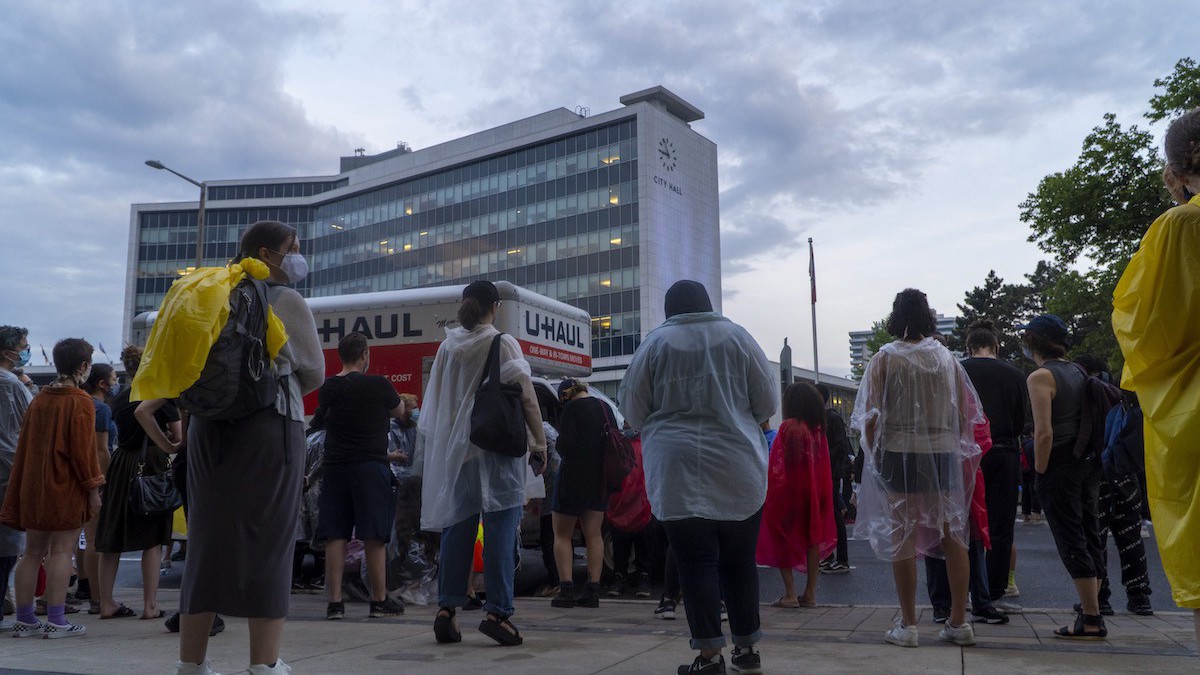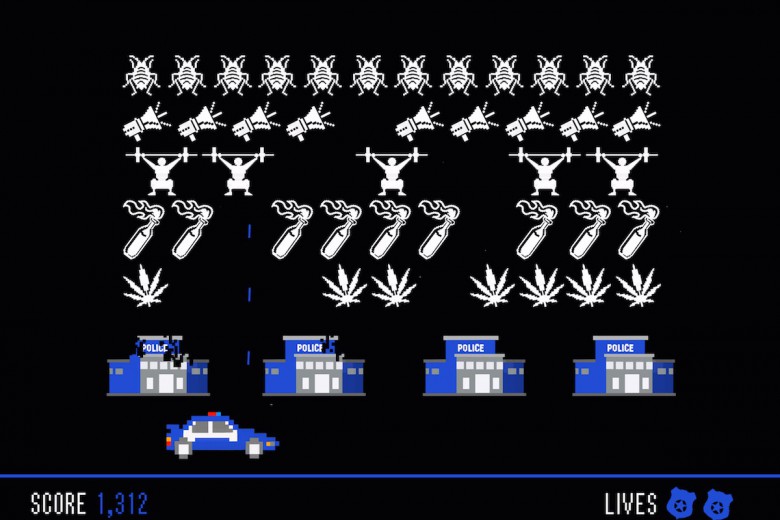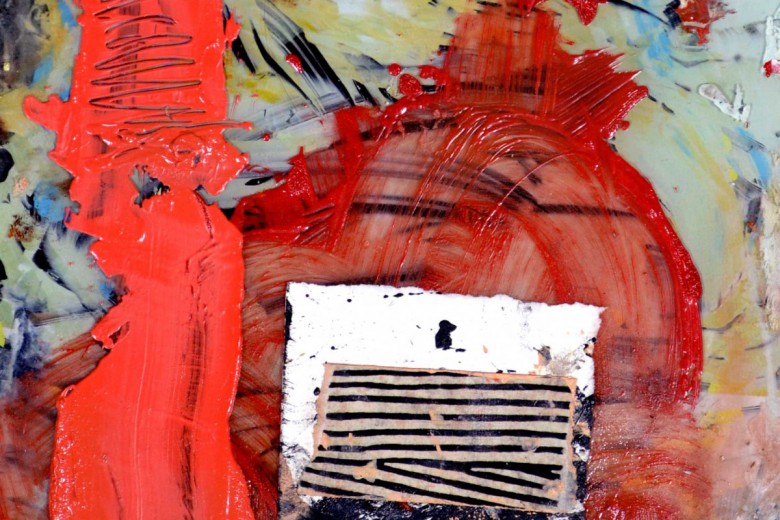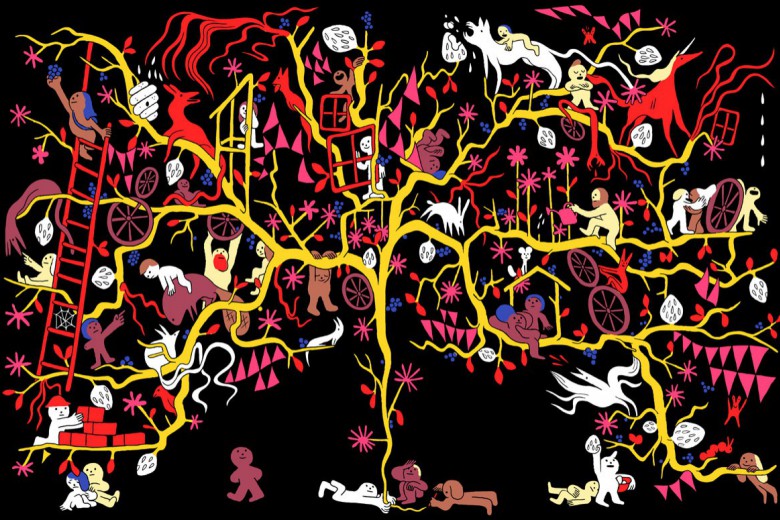At Briarpatch, I read and edit and think about police so much that, occasionally, I start to think that I can’t be surprised by new writing on abolition. But I was proven wrong when I read Rinaldo Walcott’s brief and brilliant book On Property last month. Walcott writes about “Black peoples’ intimate relationship to property as both an idea and an actual practice as a result of having been property ourselves,” and he makes the argument that abolishing the police is one step toward abolishing property.
Like many others before him, Walcott explains that police were created and still exist to protect property: catching runaway enslaved Black people, removing Indigenous people from their land so it can be settled, and arresting poor people for petty theft or vandalism. “Modern policing represents a tremendous subsidy for property owners,” he writes, “one paid for by all citizens through our taxes, including those of us who own no property at all.”
So it follows that the abolition of the police would mean the abolition of property. He writes that many of the most influential abolitionists – from Angela Davis to Ruth Wilson Gilmore – have been deeply influenced by communism and radical politics of Black power. Today, he says, “Abolition has come to occupy the place that the promise of communism once held for many of us,” remarking that in a recent lecture, Gilmore called abolition “small c communism without a party.”
“Modern policing represents a tremendous subsidy for property owners,” he writes, “one paid for by all citizens through our taxes, including those of us who own no property at all.”
As many people have been newly introduced to movements for defunding and abolishing the police, I think it’s important to talk about not just abolition’s immediate demands, but its broader implications. Walcott makes clear that abolition would transform human life, asking, “what if property did not exist in the way we have come to know it? What if it did not exist at all? How else might we come to understand and relate to things? How else would we process and sanction those who transgress against us and our things?”
He calls for a renewal of the idea of the “commons” – organizing life around sharing resources, stewarding the land, and caring for each other – ultimately “return[ing] human beings to our natural place as one species among others.”
The theme of property – and the vision of a world no longer organized by its logic – is one that is threaded through most of the stories in this issue.
Lianne Marie Leda Charlie and Josh Barichello speak to the Kaska Dena community members who have led their community’s refusal to sign a modern treaty that would “cede, release, and surrender” their rights and title to the Crown. Their refusal is based on their belief that “land is not ‘property’ that can be divided and managed based on arbitrary lines drawn on a map.” Instead, the Kaska Dena have upheld their inherent responsibility to protect the land and their more-than-human relatives, like the caribou and moose, by enacting their own hunting permit system.
As many people have been newly introduced to movements for defunding and abolishing the police, I think it’s important to talk about not just abolition’s immediate demands, but its broader implications.
Irene Bindi’s cover story looks at the coast-to-coast efforts to get police officers out of schools. Much of the resistance to these efforts comes from administrators and teachers: “they are majority, predominantly landowning people and the cops have been there to protect their private property,” explains one Cops Out of Schools organizer in Vancouver. But as organizers win cancellation after cancellation of police-in-school programs, they’re starting to map out what a police-free childhood might look like. They suggest building relationships with Indigenous Elders to take students medicine-picking; using empty school fields to build community gardens; and replacing police with “fruitful, therapeutic, holistic resources on the ground that the kids hunger for.”
In one of my favourite passages from his book, Walcott writes, “The work of abolition is to make new forms of human life possible. By this we mean that being human is an unfinished project, one that is malleable and revisable. Abolition helps us see this work-in-progress, and to work towards our own betterment.”







